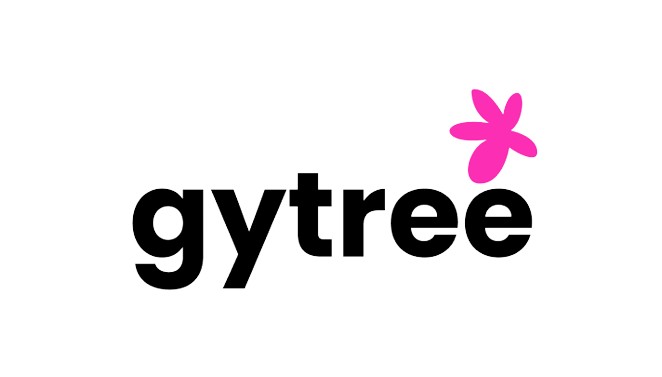Why is it so crucial for mothers to monitor their protein? For starters, protein underscores not only personal health but also the well-being of those you care for. It supports many of your body's essential functions, ensuring you're empowered to meet each day's demands. Mothers, as architects of family wellness, you hold the power to enhance and inspire a culture of protein-awareness in your home, setting the foundation for your protein journey and teaching those you love about its value.
"To be a mom is to be the nutritional hero of the household. Your protein choices not only nurture your strength and health but also act as a good example to your kids."
We understand that moms everywhere are stretched thin. Balancing work commitments, home responsibilities, and never-ending daily chores – your plate is always full. Understandably, things can get overwhelming. That's why the emphasis on protein can be a game-changer in your daily routine. By incorporating more protein into your meals, you enhance your energy levels, support your immune system, and maintain healthier skin and hair. Yet, this isn't the only reason to be proactive about protein.
Brain Function: Proteins provide the necessary amino acids that help in synthesizing neurotransmitters, facilitating optimal brain function. Eating protein-rich foods will help keep your mind sharp, even in the midst of a manic Monday.
Muscle Repair and Growth: Whether it's lifting your toddler repeatedly or managing household utensils and groceries, moms do countless physical tasks daily. Protein helps repair body tissues and promotes muscle growth, keeping you fit and ready for life's daily hurdles.
Weight Management: Including ample protein in your meals can make you feel fuller for longer. This can help control urges for mindless snacking that often lead to weight gain.
In short, moms, your protein intake impacts more than just your health—it affects your ability to care and provide support for your loved ones successfully. Achieving the right balance of protein is not merely a health goal; it's a way to lead by example, inspiring your kids to follow suit. Begin your journey to becoming the 'Protein Mom' today and experience the rewards it brings to your life.

Midlife needs for mothers
Yes, protein needs do tend to increase as we age, especially during midlife. This is due to several factors. Firstly, as we age, our bodies become less efficient at synthesizing proteins. This means we need to consume more protein to maintain the same level of muscle mass and strength.
Secondly, protein is vital for maintaining bone health. As women approach menopause, the risk of osteoporosis increases due to a decrease in estrogen levels. Adequate protein intake can help to mitigate this risk by supporting bone density.
Thirdly, protein plays a crucial role in supporting our immune system. As we age, our immune function can decline, making us more susceptible to illness and disease. Consuming sufficient protein can help to bolster our immune system and promote overall health.
Lastly, protein can also aid in weight management. As metabolism slows down during midlife, maintaining a healthy weight can become more challenging. Protein can help to keep us feeling full and satisfied, reducing the likelihood of overeating.
Plant proteins are heathier for women
Indeed, plant proteins are beneficial for health in numerous ways. They are derived from sources such as legumes, whole grains, nuts, seeds, and certain vegetables. These sources are not only rich in protein but also packed with fiber, vitamins, and minerals that contribute to overall health.
Plant proteins are associated with lower risks of heart disease, high blood pressure, and type 2 diabetes. They contain unsaturated fats, which are healthier than the saturated fats found in many animal proteins. This can help reduce cholesterol levels and promote heart health.

